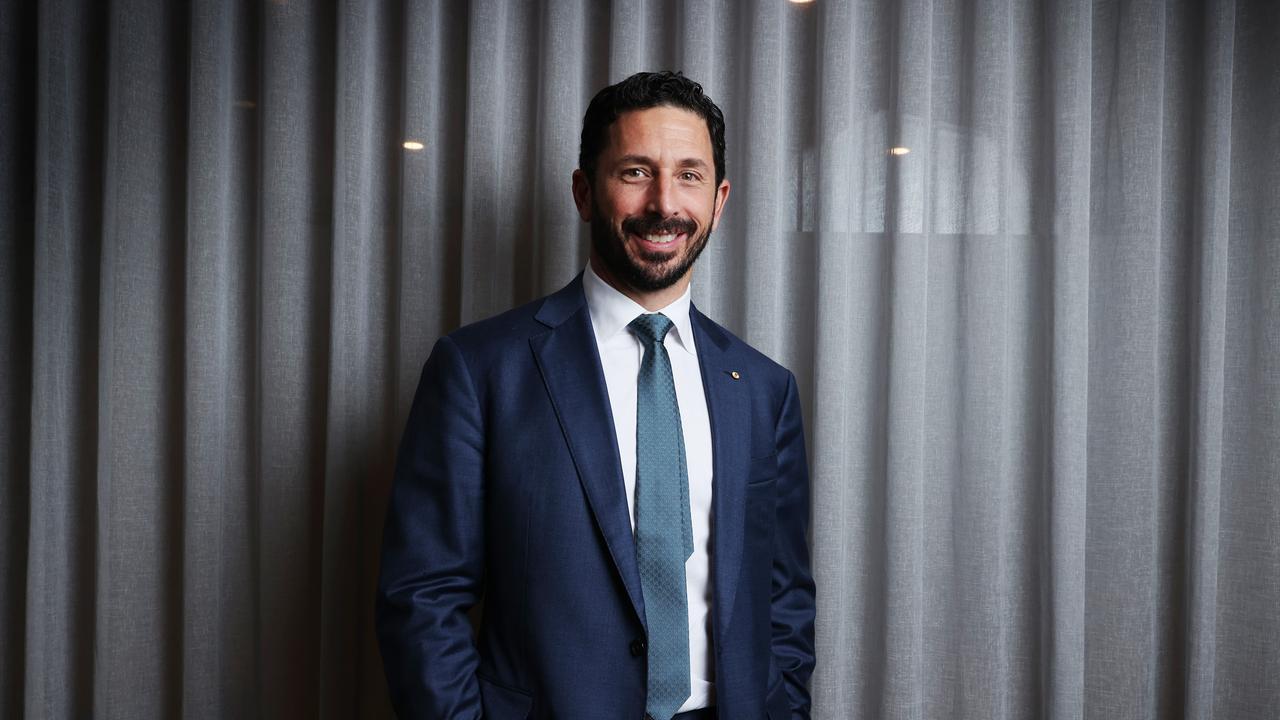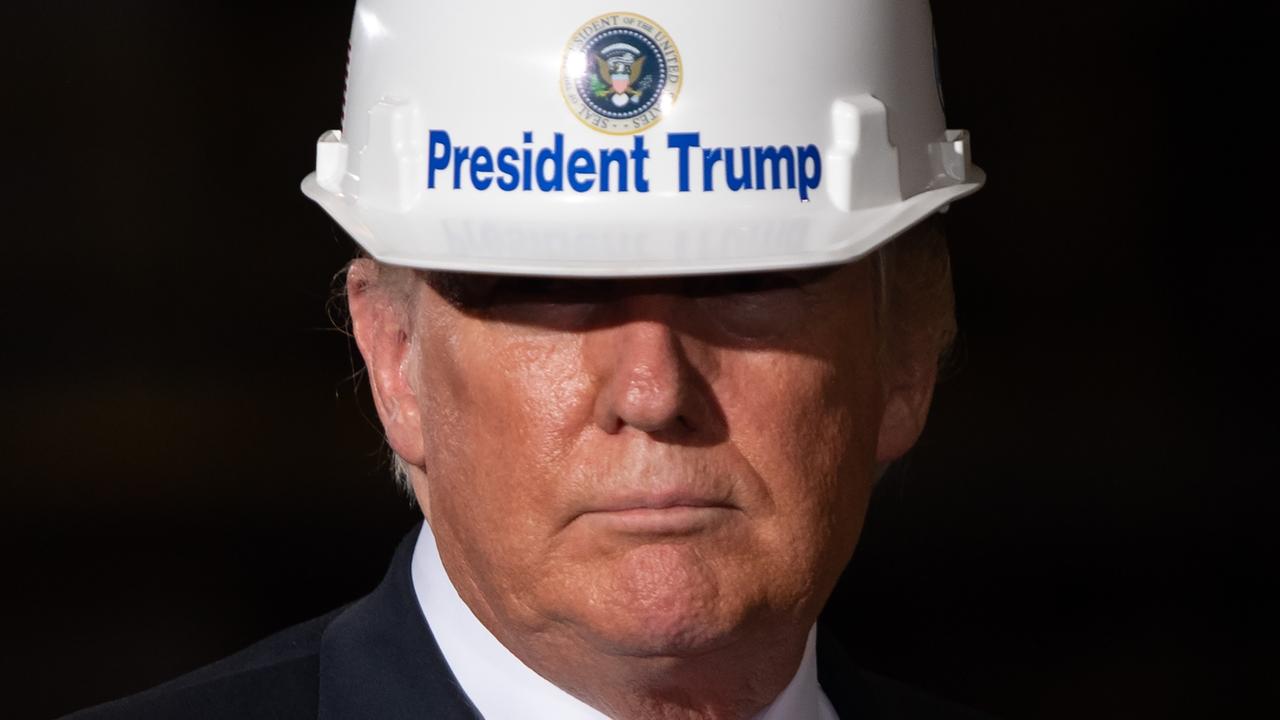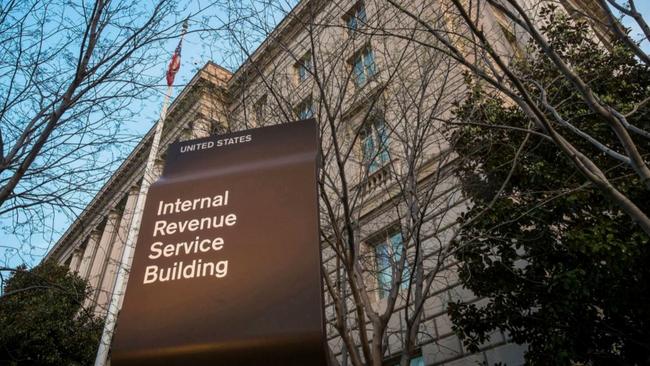
Two decades ago, Australia and the US had the same tax-raising systems which were horribly biased against small and medium sized business.
The forty second President of the US, Bill Clinton, totally changed the ethics behind the US system and today President Trump is enjoying the fruits: a shortage of labour.
Australia, while also now recognising that small and medium sized business is the engine room of employment and enterprise, did not follow the US.
As a result, we have a high-cost tax collection system that too often relies on thuggery and bad practices to raise money. Employment - outside the government sector - is not growing. Confidence in the tax system is being eroded by an avalanche of criticism from the judiciary, the Inspector General of Tax and the small business ombudsman, as well as all sections of the media.
READ MORE: Cash flow taxation best way to stop big-tech’s tax drain | Small business tax and payment reform will lift economy
Treasurer Josh Frydenberg and the Prime Minister’s regulation reduction chief Ben Morton should look hard at the US system, which is low cost, fair and efficient in raising money in accordance with the tax rules and rates that are set by governments. Remember this is not a commentary about different tax rates and incentives, but rather about collection methods and rules.
Encouraging whistleblowers
I am indebted to Ken Phillips of Self-Employed Australia who spent an extended time in the US studying the American system. He discovered that in 1997, before the Clinton measures, the American equivalent of the Australian Taxation Office - the Internal Revenue Service (IRS) - had one staff member for every 2720 Americans.
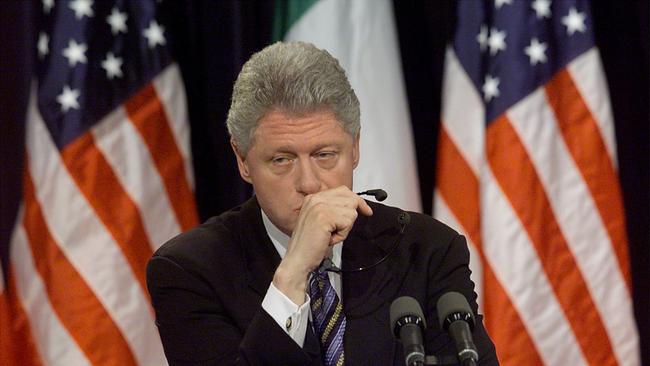
In 2019 the IRS has one staff member for every 4112 Americans, with a better collection rate. Australia has gone in the other direction. The US has replaced thuggery with fairness but finds that revenue rises partly because of a brilliant but simple mechanism: the whistleblower. In Australia a person or enterprise considering artificially reducing their tax by, say, $1 million, will assess the odds of the ATO finding out and may say “it’s worth the risk”.
The Australian avoiders trust that close staff will not dob them in. And usually the staff don’t, because of the consequences.
In the US if a tax avoider’s staff informs the IRS and the $1 million in tax is collected the whistleblower will receive up to 30 per cent of the proceeds. In our theoretical case, that’s $300,000. The IRS directly raises about $US14 billion a year via whistleblowers but the bigger gains are in compliance. Would-be tax avoiders no longer think the risk is worthwhile.
And then the money raised is further boosted because a fair system of tax-raising is introduced, and Australian-style thuggery is abolished. Accordingly, taxpayers have confidence in the fairness of the system, so increasing the revenue raised and the employment generated.
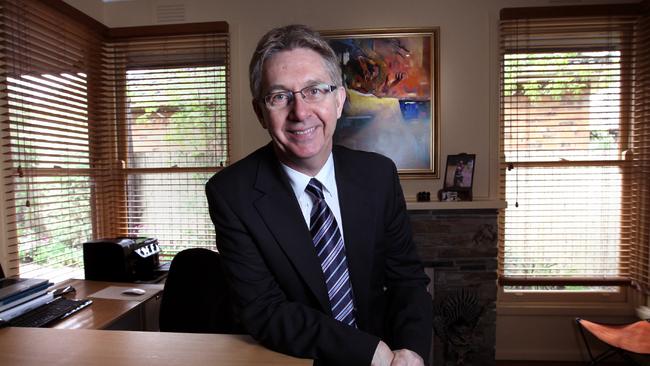
Burden of proof
So let’s look at some of the obvious differences between the two systems. The most obvious is that the English justice system was introduced into the US tax system and the onus is now on the IRS to prove that the tax is owed.
Here in Australia, the ATO makes a tax claim and the taxpayer has to “unprove it” akin to the French system where the person is guilty and must prove innocence.
In Australia last year the first Morrison ministry introduced a small business appeal tribunal without lawyers, but it was opposed at every step by the ATO.
In comparison with the US, Australia’s first attempt at fairness looks small. In the US they have an elaborate system of appeals and debt notifications which are logical and fair. And there is an audit review processes to make sure the US appeal process does not evolve into Australian-style kangaroo ATO courts.
And when it comes to penalties, unlike Australia, there are clear rules in the US. And the IRS must settle a case and not extend it for years to exhaust the taxpayer, as happens Australia. Thanks to whistleblower Richard Boyle and the work if the Inspector General of Taxation and small business ombudsman, we know how the ATO operates in destroying businesses by garnisheeing income. In the US garnisheeing income can be carried out, but there is a clear set of rules, including plenty of advance notice to the taxpayer that the IRS is preparing to take that action.
Both major political parties now realise that small and medium business is the biggest generator of non-government employment and there are encouraging policies coming forward which will help. There is more to be done.
But there will be a limit to the effectiveness of these measures until the small and medium tax collection system is made fair. And we are fortunate that the two major political parties in the US have agreed on a tax collection mechanism that works - and has nothing to do with people’s views of President Trump. It is very silly for Australia not to learn from the US. I will return to this subject.


